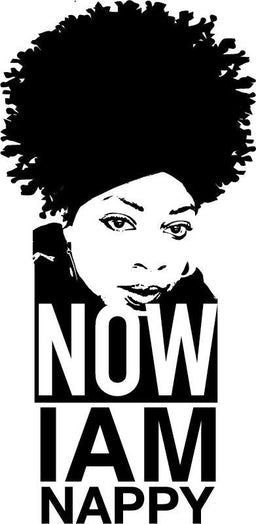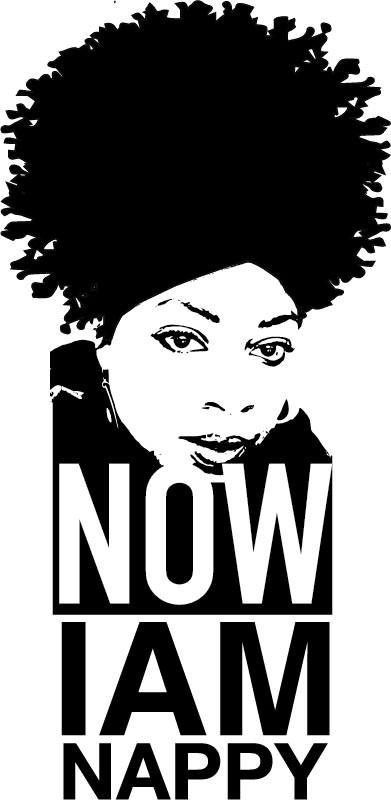Apple Cider Vinegar hair rinses have been a popular fad in the hair community for a few years. However, does it really work? What makes Apple Cider Vinegar good for your hair? Let’s investigate.
How is Apple Cider Vinegar Made?

First, apples are cut or crushed, and yeast and water are added to the mixture. The yeast ferments the sugars in the apples and turns it into alcohol. Next, bacteria (acetobacter) is added to the alcohol solution, which further ferments the alcohol into acetic acid. Unfiltered and unpasteurized ACV (such as Bragg's apple cider vinegar) has a dark, murky, web-like sediment at the bottom of the bottle. Known as "mother of vinegar" or simply "the mother," this sediment consists mainly of acetic acid bacteria. The healthiest versions of ACV contain the mother which is rich in healthy bacteria.
The acetic acid created in the secondary fermentation process is a component of the finished vinegar and has a host of benefits on its own. Many popular health advocates claim that the acetic acid in ACV plays an active role in balancing blood sugar, lowering blood pressure, fighting candida, dissolving cholesterol, killing foot fungus, fighting belly fat, relieving sunburn and curing a host of other ailments.
So, is Acetic Acid good for your hair?
In short, the answer is Yes! Let’s first look at our scalp and hair to understand why. Your scalp has a natural pH level of about 5, and your hair cuticle a pH of 3.67, which is acidic. This acidity level is important in keeping the cuticle layer of your hair flat and closed. A flat cuticle layer corresponds to shiny, smooth, soft hair, with less frizz. It prevents tangling, breakage, dryness, and hair loss, by helping each individual hair strand retain moisture and making them smooth and less likely to catch on each other.
Most shampoos contain an alkaline pH (pH greater than 7), this alkaline charge carries a negative electrical charge on the hair fiber causing friction between the fibers. This high alkalinity disrupts the cuticle causing it to open up and become susceptible to dryness, cuticle damage, and breakage. Think about the last time you used a shampoo that immediately caused your hair to become rough, tangled, and dry; likely the high pH played a major role in causing friction and damage to the hair shaft.
According to one study, it is recognized that lower pH shampoos may cause less frizzing and tangling because of the low negative static electricity on the fiber service. In the same study they noted that only 38% of the popular brand shampoos against 75% of the salon’s shampoos presented a pH ≤ 5.0. There is no standardized value for the final pH and most shampoos tend to be alkaline. The authors believe that it is important to reveal the pH value on the shampoo label, but studies are needed to establish the best pH range for both the scalp and the hair fiber's health.
Since we know that ACV contains acetic acid and a pH around 2, you can regulate the pH of your scalp and prevent many of the negative effects of alkaline hair products by doing ACV rinses! ACV should always be diluted with distilled water to bring the pH similar to a level of your scalp or hair cuticle, pH 4-5 range.
Other hair benefits
Apple Cider Vinegar contains many other hair benefits including:
Antimicrobial- ACV helps prevent fungal and bacteria growth and keeps the hair and scalp health
Anti-inflammatory- can help with dandruff and hair loss, since the underlying cause is often bacteria.
Stimulate Circulation- ACV stimulates hair growth by increasing blood circulation to hair follicle
Clarifies- ACV clarifies and exfoliates your scalp, removing dead skin as well as product buildup that blocks the pores on your scalp.


